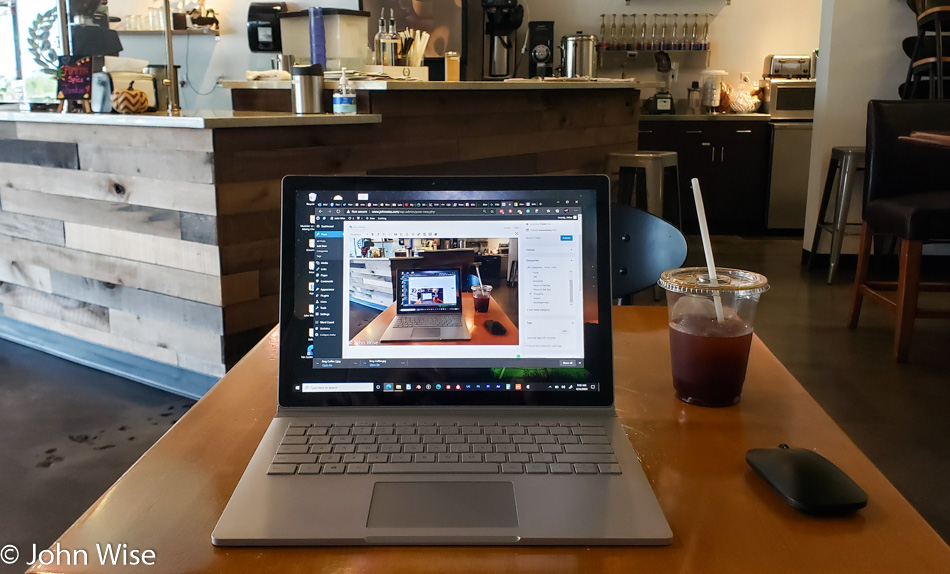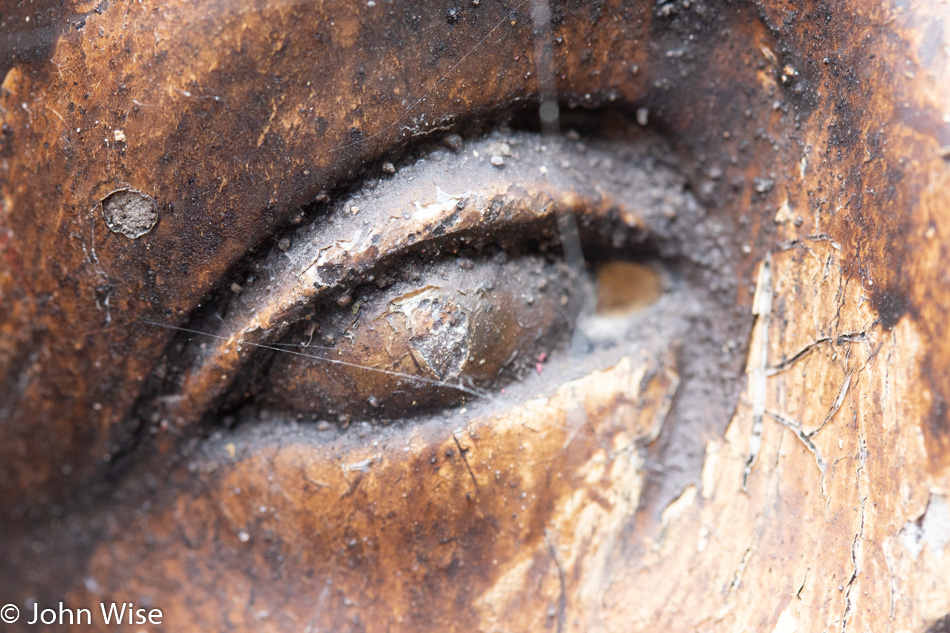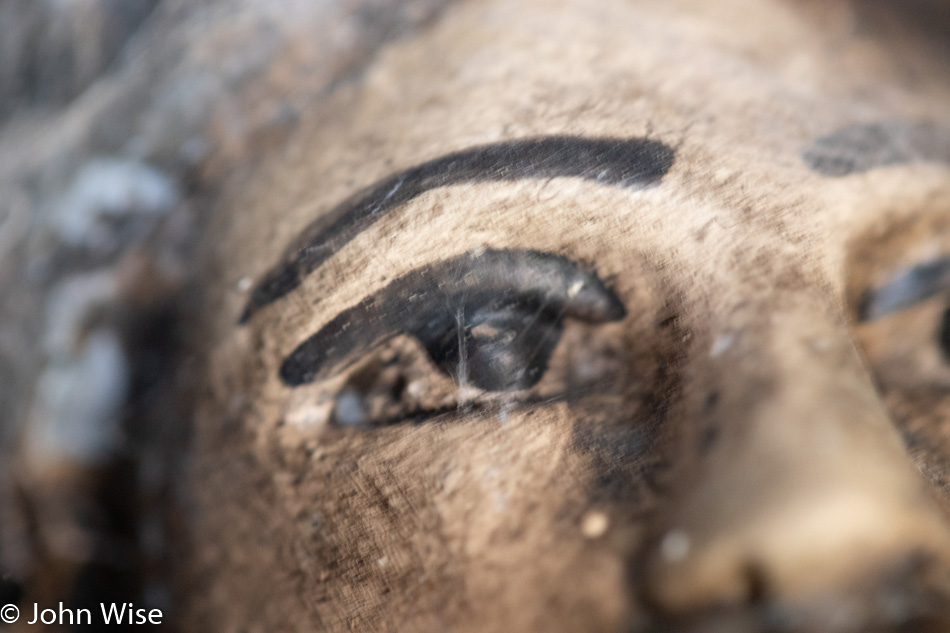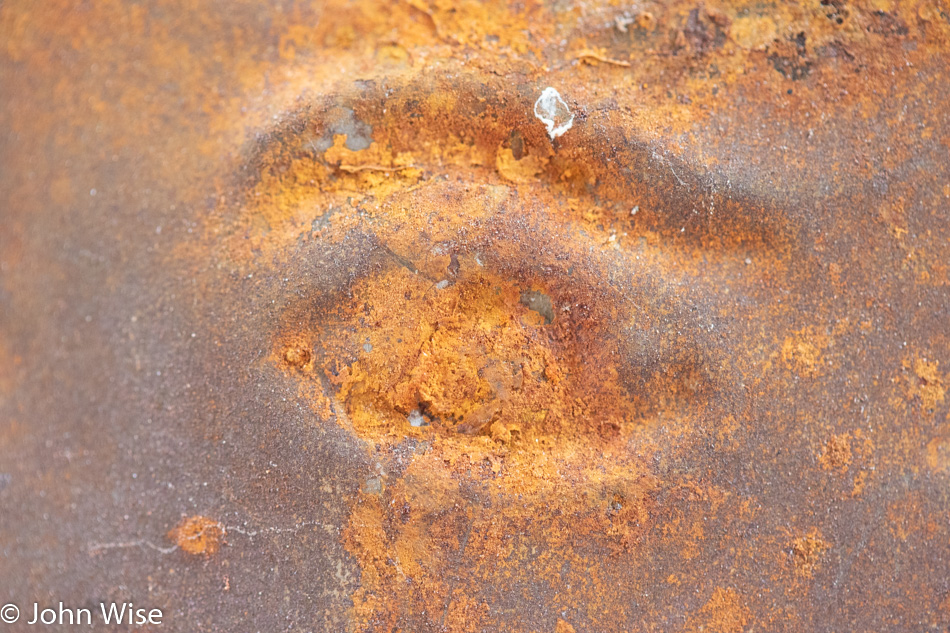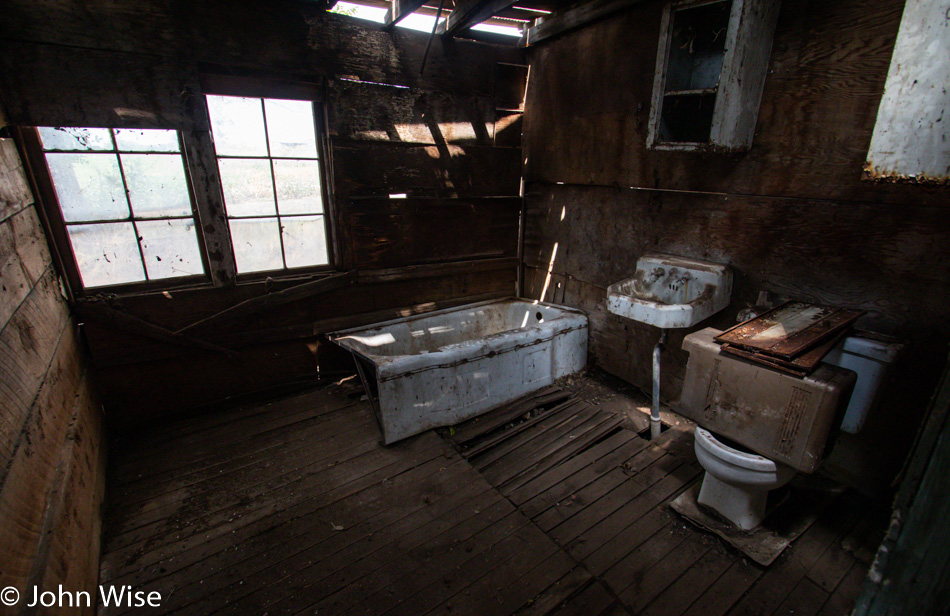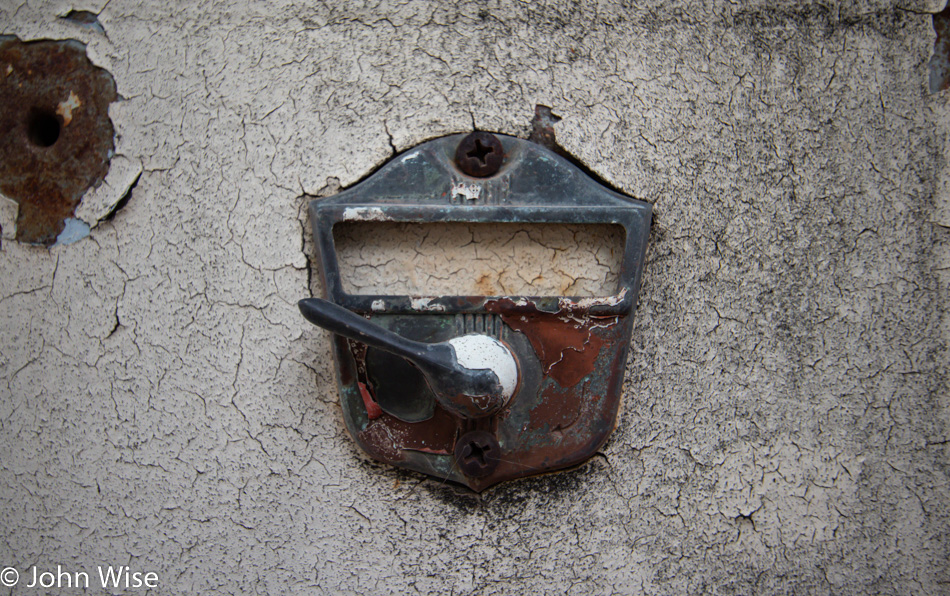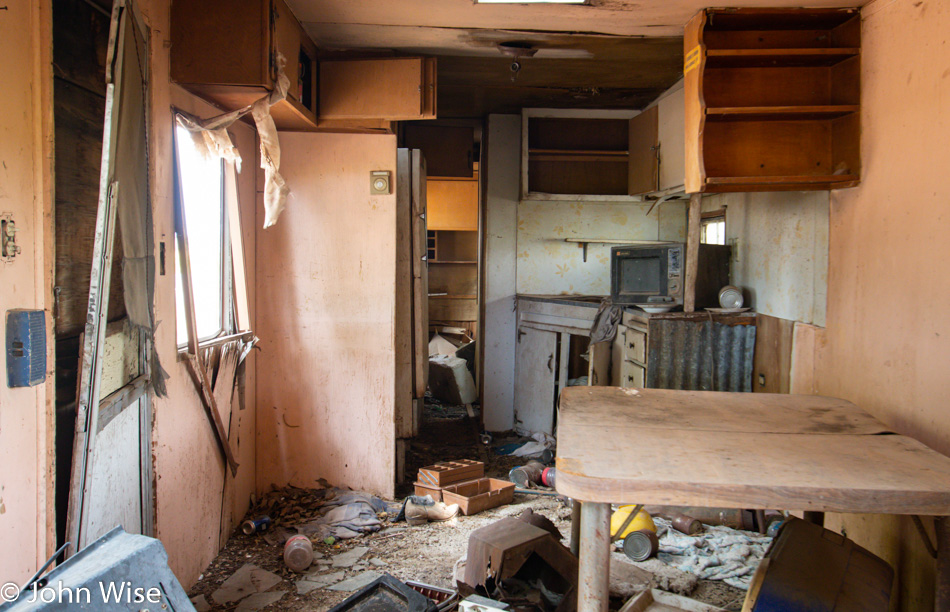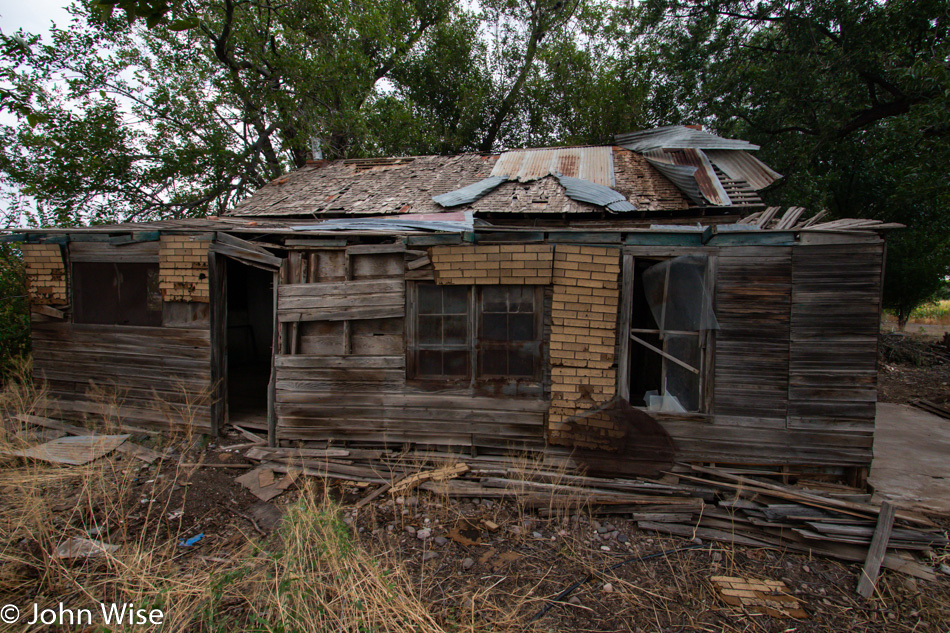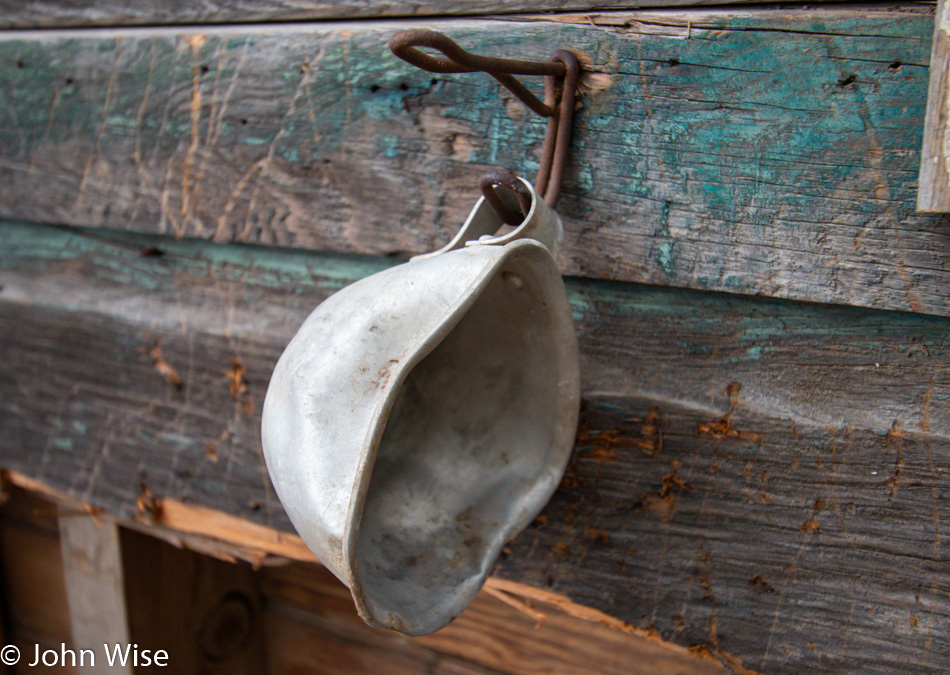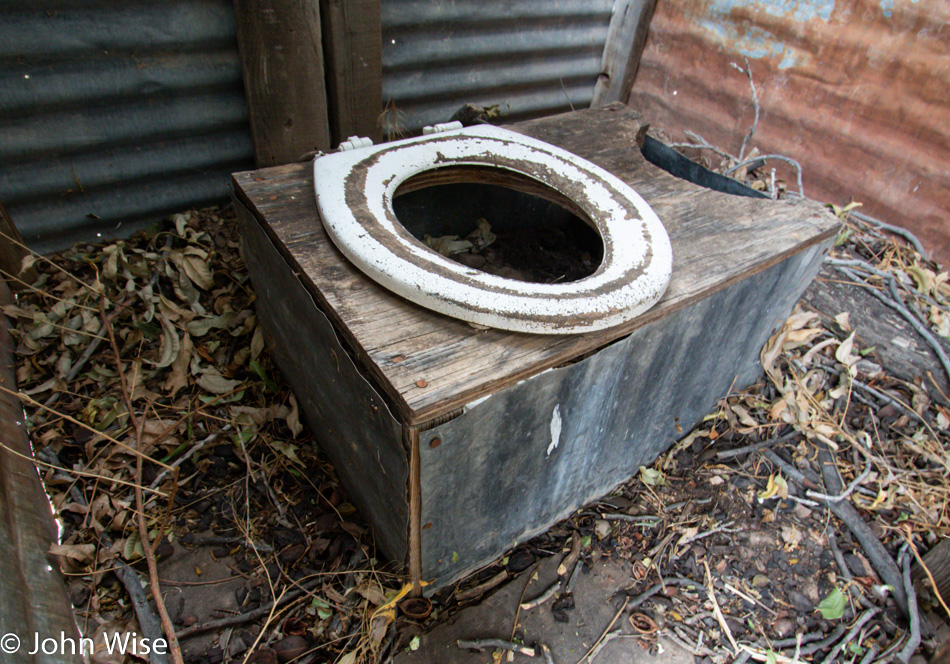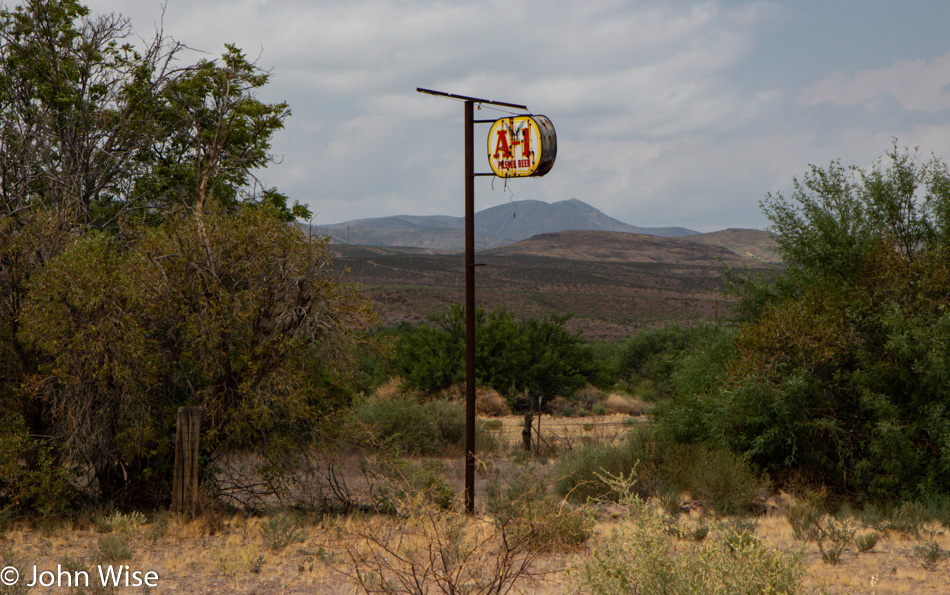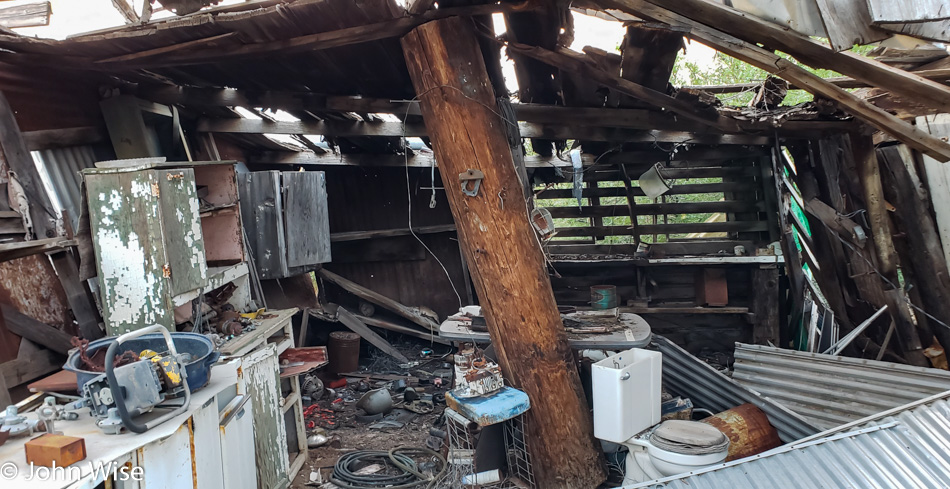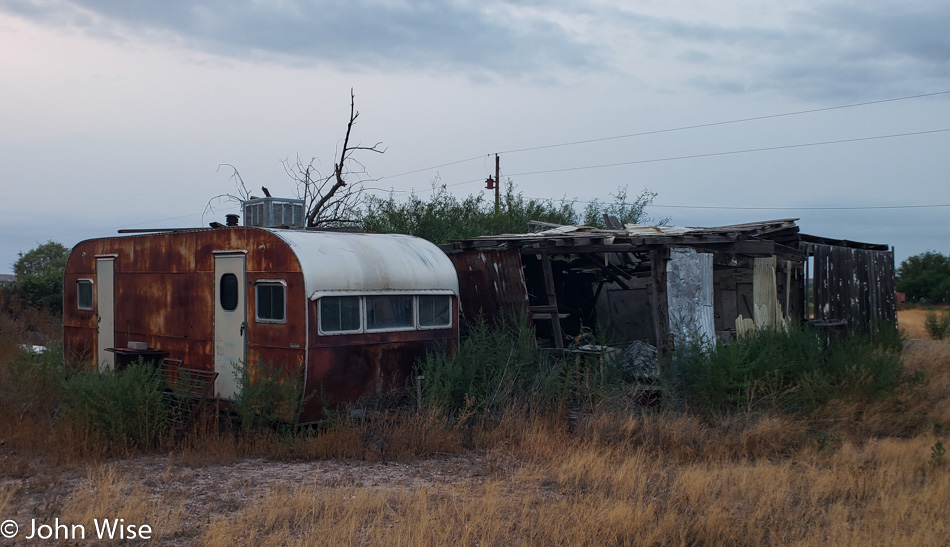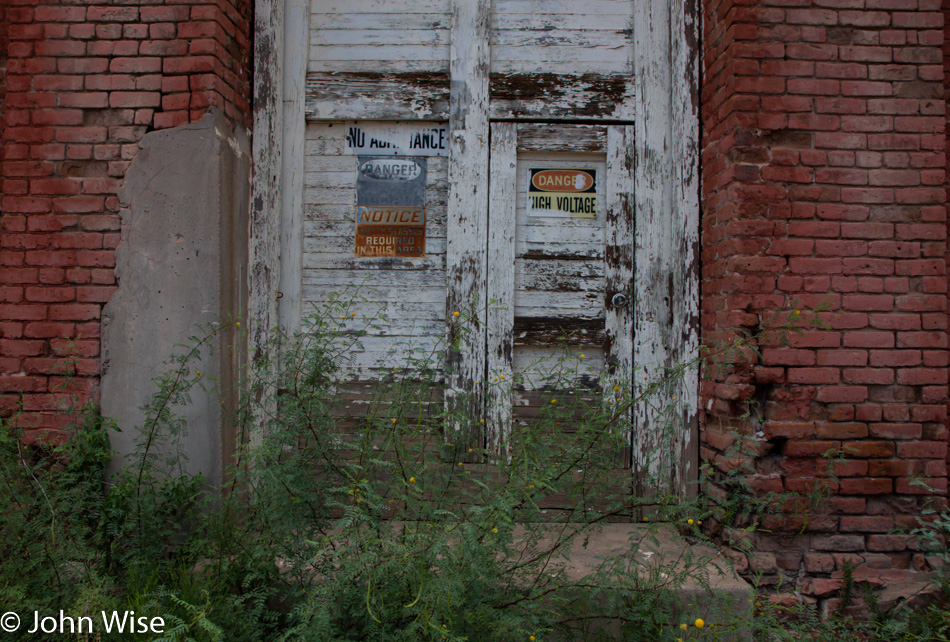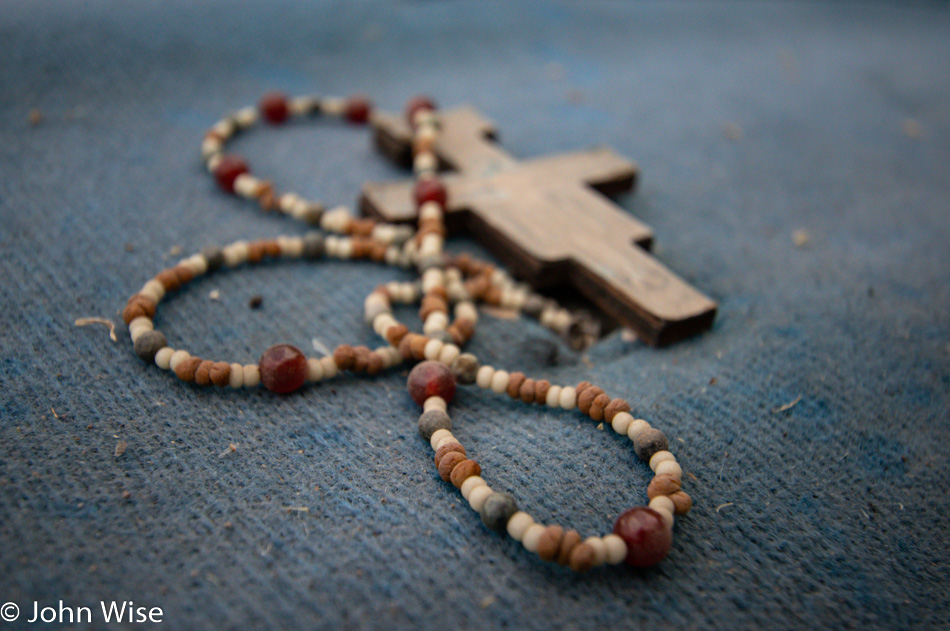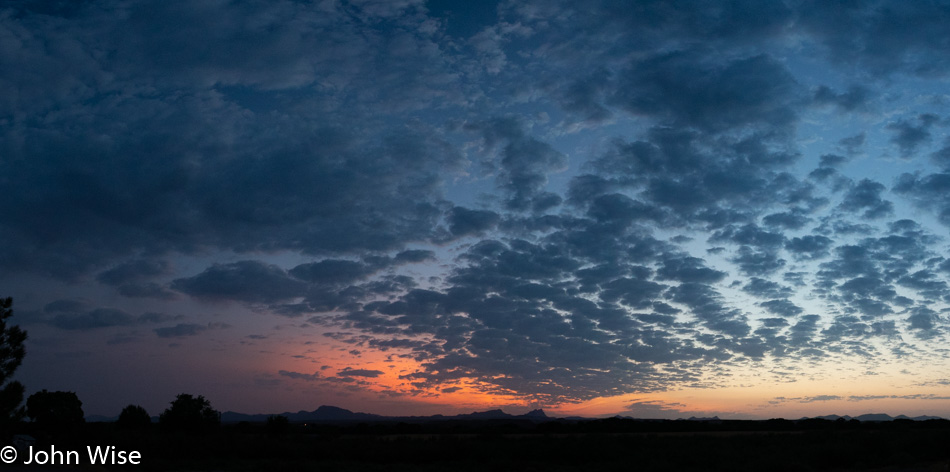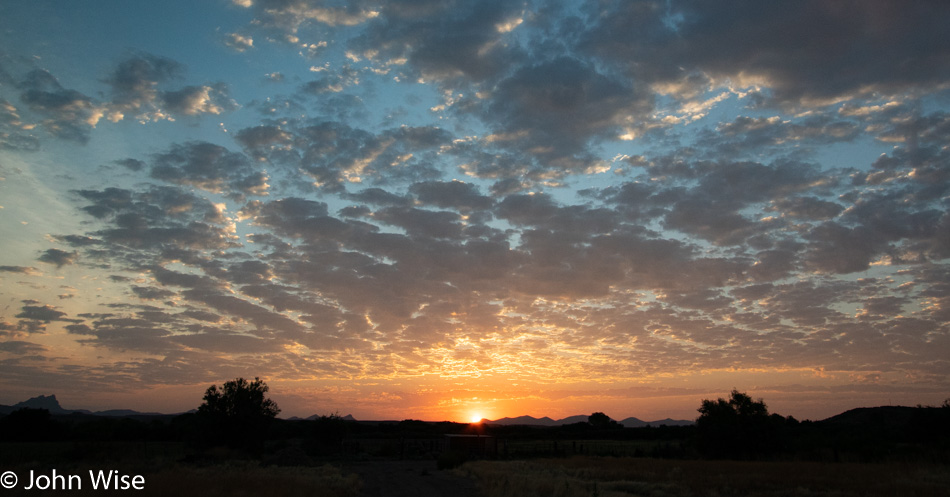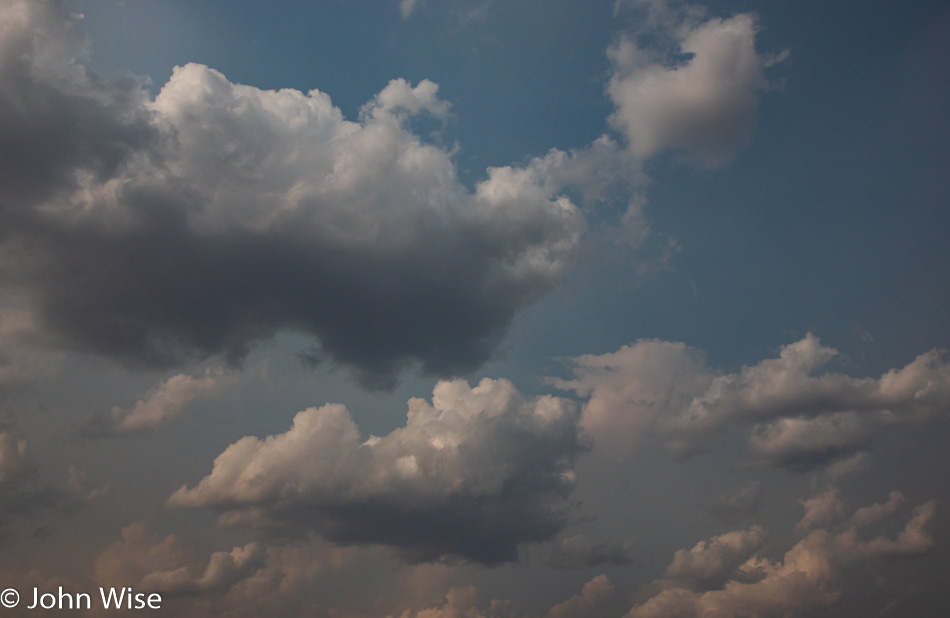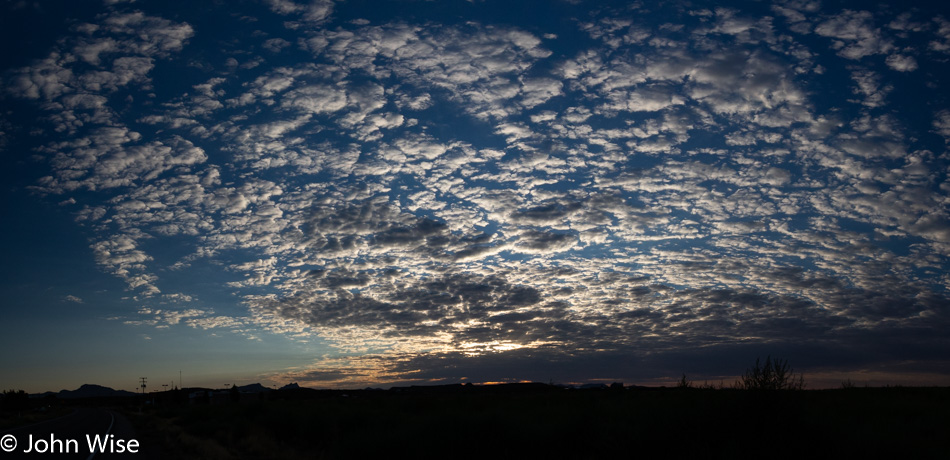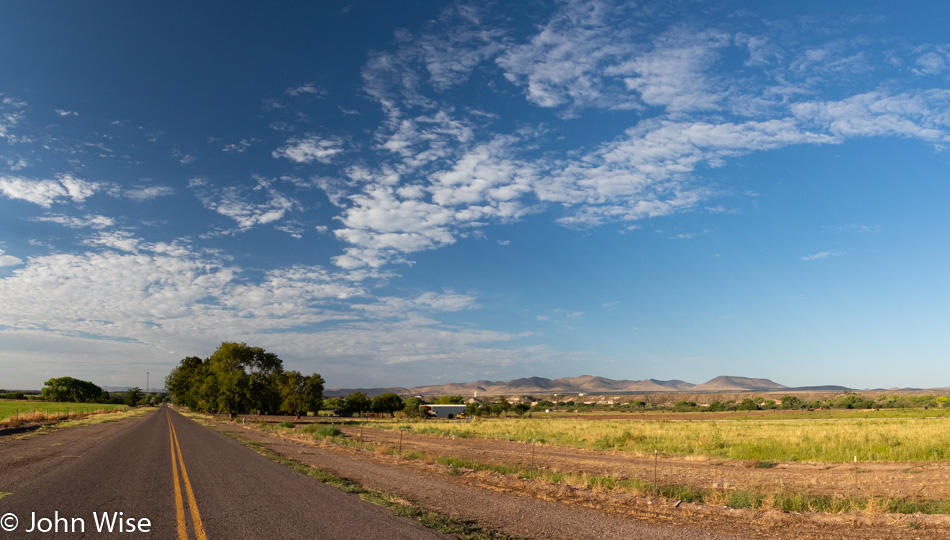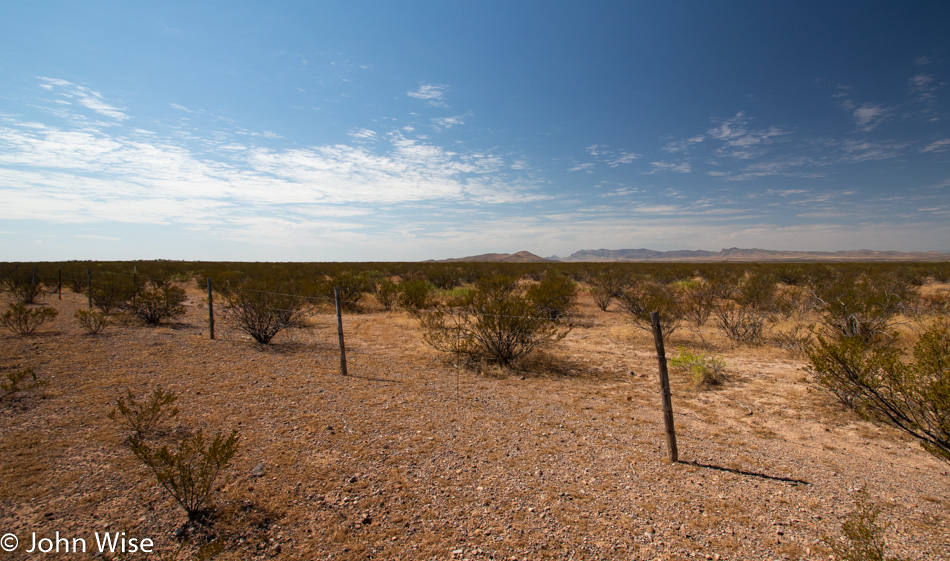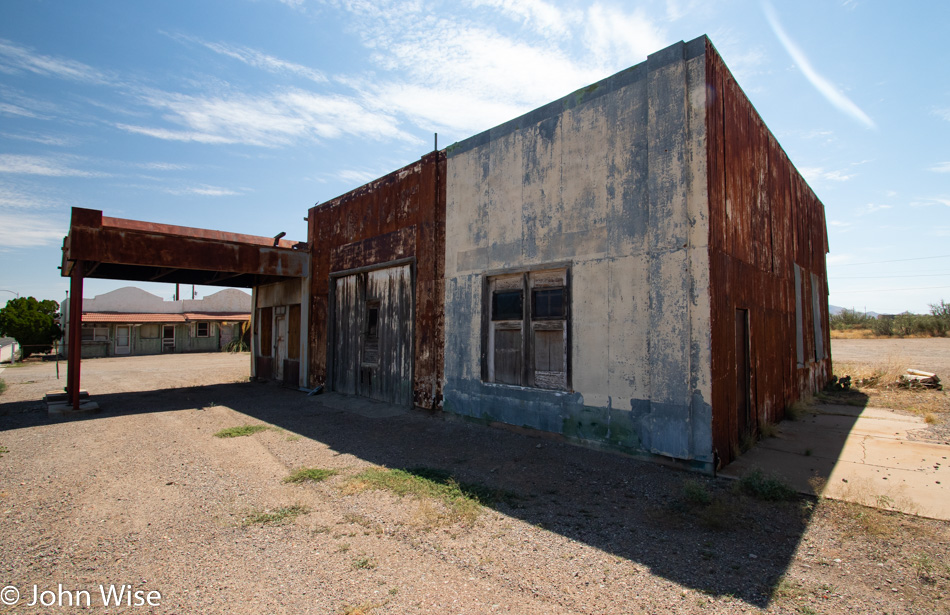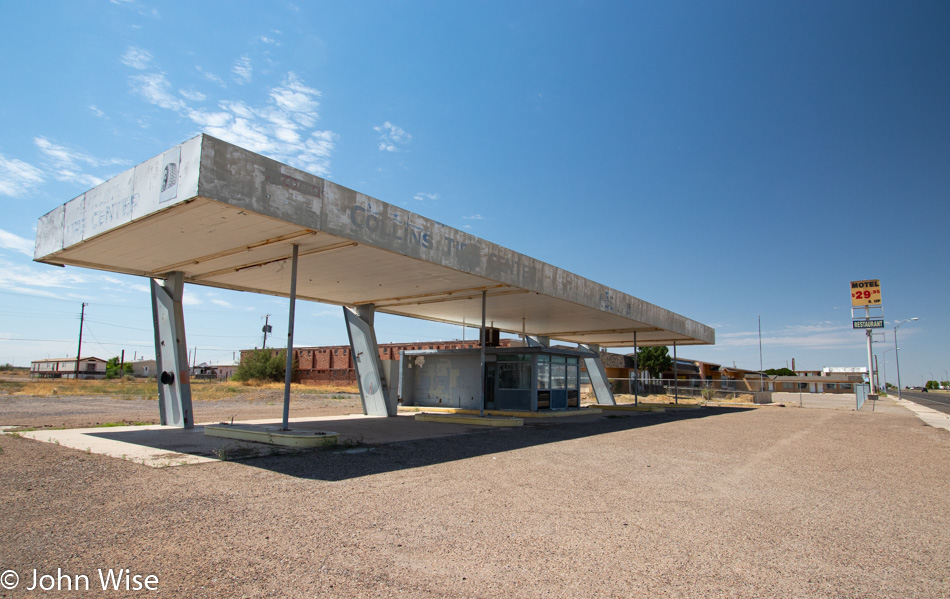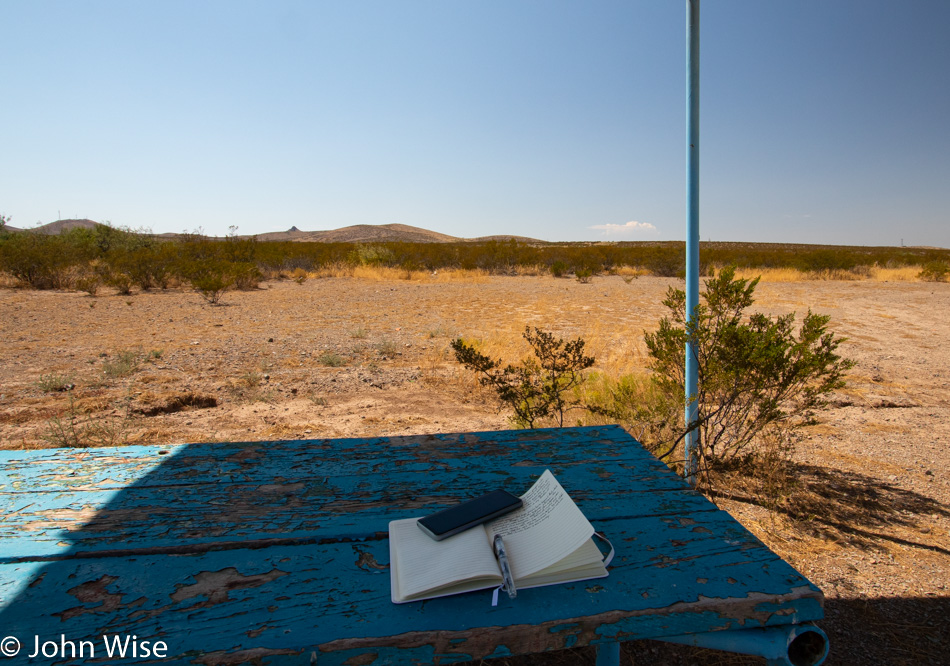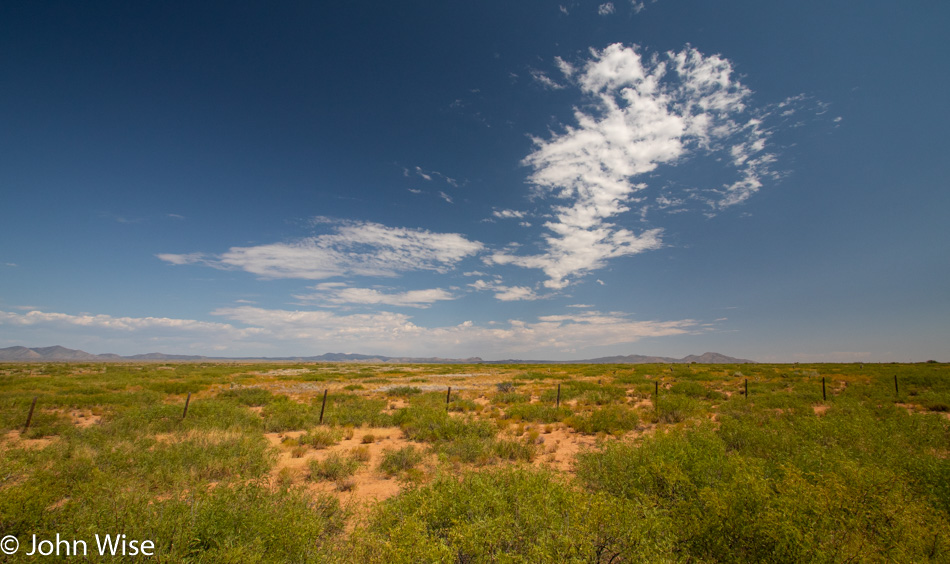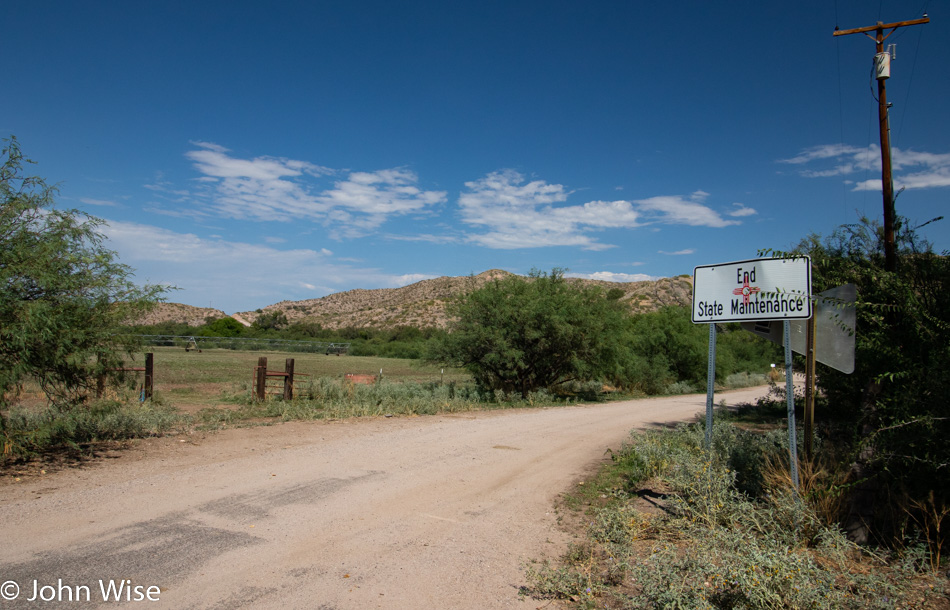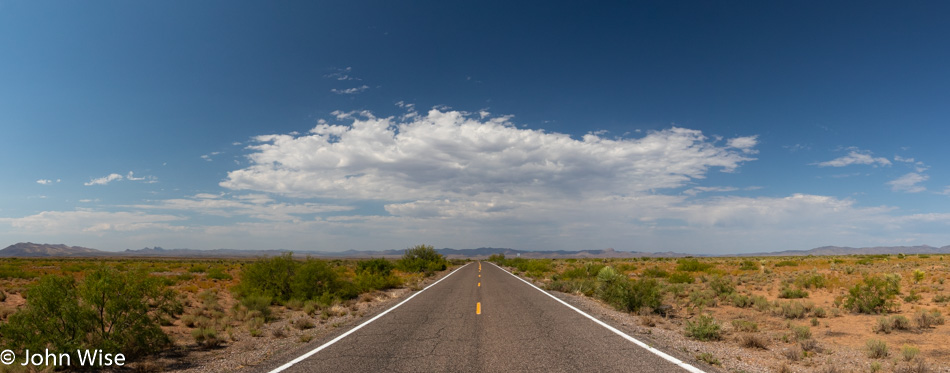
Earlier this month, I wrote a blog entry insisting it was not about existentialism, and it wasn’t, but today, maybe this one will be just about that, and maybe it won’t. I’m bored. From out of this moment in boredom (which I think I’ve alluded to being impervious to on many other occasions during these missives) I reluctantly concede that I’m experiencing the uncertainty of what to do. For six months, one week, and four days since our pandemic sequestering, I’ve been pretty good about remaining engaged or at least distracted. Today, I’m overly aware that I don’t feel like doing anything that could be done while here at home, nor do I want to venture out to find distraction there.
Yesterday, my awareness of not enjoying our place became writ large across my happiness as with Caroline at work. I was liberated to do as I please, but I found myself lost. While this past month saw us venturing out to break the long chain of self-isolation, I’m not exactly comfortable among those people who cavalierly toss reasonable health practices away in order to prove some nebulous point about raw belligerent power and a kind of masculinity arising out of our obsession with dystopian fatalism. So, though I’d like to embark on a new journey into putting these past six months behind me and exploring some new routines, I’m reluctant to be among the masses who are acting purely in their own selfish interests as opposed to empathizing with the well-being of the American community at large.
For 17 years, Caroline and I have comfortably lived in a single room, a single large open space in the form of a loft. We cherish our time together when we can be at home together, which up until March this year felt rare. If we weren’t traveling on a weekend, Caroline might be at a guild meeting or a fiber workshop. During the week, I might be at one of a few dozen locations writing, people-watching, eating, walking, or otherwise spending time away from home. When we got home, there were things to do that we’d been away from all day. When self-isolation began, our dreams of spending more time together came true. In the back of our minds, we already knew from previous experience in the late 1980s that mixing work and living in one small space is not the best idea, but a global pandemic that was forcing everyone to stop in place gave impetus to embrace the quarantine and go with the flow. So, staying at home became an extended road trip; it was camping in place and a golden opportunity to indulge our desires to spend more time together.
Now, don’t think this is heading to a lament of over-exposure between Caroline and me, as that’s the farthest thing from my truth, but after six months, our hamster wheel is closing in. I also know that this is temporary, and maybe as soon as tomorrow, my brain will return to celebrating this opportunity, but right now, I’m at a loss and uninspired. Of course, there’s also the overwhelming nonsense of the game of intruding politics that seems to aim at dominating a large part of people’s lives who pay attention to current events. This is pure unadulterated gaslighting that my own stupid compulsion to witness the trainwreck keeps bringing me back to, so too many days arrive with no small amount of dread. The point here is that I have to tiptoe around online activities as I risk catching a hint of the “Outrage du jour” from a media that is desperate to hook me into a device to nail my attention for the sake of impressions and ad dollars. So maybe if I focus on writing, I can escape what I don’t want to see and instead bring my mind into compliance with an imagination that will whisk me away from boredom.
Instead, I go around in circles searching for a muse to guide me while not really looking for that inspiration but telling myself the bologna that I really want to escape this entropy. I know I’ll have a butterbrot because today is German Butterbrot Day, where the world joins in to celebrate this uniquely Teutonic pleasure of greasing your bread with a smear of butter and calling it dinner. Well, that didn’t get it; I’m not any more motivated than before besides wanting a second go-round of yummy rye bread with butter. Yeah, eating is a good distraction; maybe I need to find where on Earth people are celebrating Donut Day today.
But I called this blog entry Cascading Existentialism and not Eating To Pacify Moodiness, so just what is it that feels so out of control? The polarized American people, our politics, healthcare, education, and our concern about the environment are the major bones of contention, but racism, intolerance, poverty, and violence play large roles too. I know I cannot change even a small part of the 330 million of us who live in the United States. I cannot influence our political parties or the media that sensationalizes everything it features: healthcare is a $3.6 trillion industry that has no regard for those it serves, education panders to the lowest common denominator, guaranteeing fodder for prisons, low-pay jobs, and an absent electorate, while we flaunt international convention about safeguarding air and water quality for the sake of profits. Racism is tolerated, while intolerance of religions, sexual orientation, cultural background, and general diversity from the status quo is promulgated as anti-American. Poverty is a consequence of all of this, with violence the natural outcome of people without an ability to surmount the structural bias against those a society would like to keep outside the gate.
Hey John, how does any of that affect your day-to-day existence? Awareness is the fodder of the imagination, and if you are an artist, you should look upon the subject you intend to capture in images, or you should acquaint yourself with the various sounds and aural structures of music should you aspire to be a musician. Yet I am a human desiring to be just that, and so the condition of our society screams at me to be recognized as though I might find an inkling of how to depict a proper reflection or maybe an antidote to the wanton mayhem that institutional stupidity is wreaking upon us. Well, that’s a pretty large burden you are trying to shoulder. But I know there is no way for me to bear the gravity of such outrage, so I try in little ways to exorcise the demons of awareness through the cathartic exercise of writing, learning, exploring, and eating. It must be time for another butterbrot.
